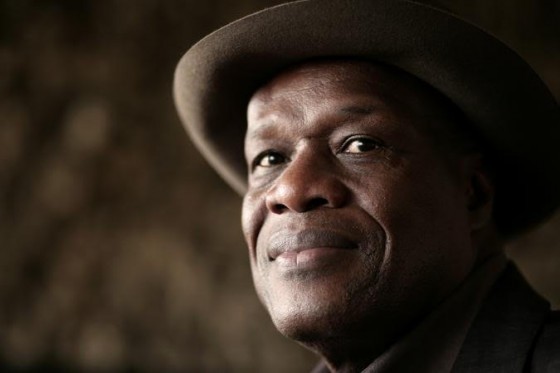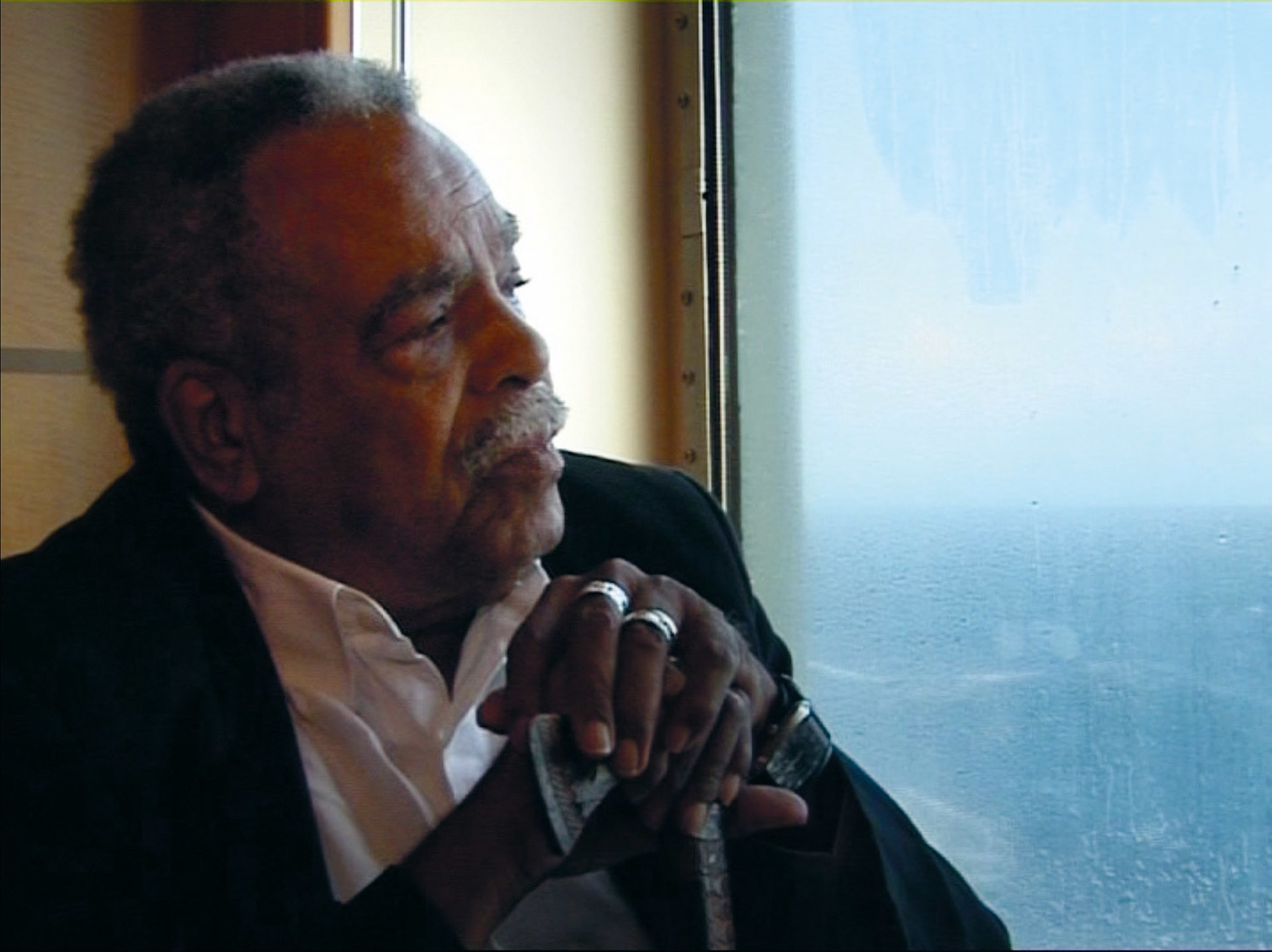Manthia Diawara
Manthia Diawara is a writer, cultural theorist, film director, and scholar from Mali based in the United States. He is Professor of Comparative Literature and Cinema at New York University, where he also heads the Institute of African American Affairs and the Africana Studies Program.
Born in Mali’s capital Bamako, Diawara spent his youth in Guinea until 1964 when his family was expelled from the country by the regime of Ahmed Sékou Touré. While attending graduate school in Bamako, Diawara became involved in a student group called “The Rockers,” which was opposed to the Vietnam War and apartheid and aligned itself with other Black Power movements. Diawara went on to study literature in France and subsequently moved to the United States, where he completed his doctorate at Indiana University in 1985. He then taught at the University of California at Santa Barbara and the University of Pennsylvania, establishing the Africana Studies Program at NYU in 1992. In addition to founding the publishing house Black Renaissance, he is one of the leaders of the Transafrica Forum.
Diawara has written extensively on the films and literature of the Black Diaspora. He is the author of African Cinema: Politics and Culture (Indiana UP, 1992), Black American Cinema: Aesthetics and Spectatorship (Routledge, 1993), and In Search of Africa (Harvard UP, 1998). He has also published We Won’t Budge: An African Exile in the World (Basic Books, 2003) and African Film: New Forms of Aesthetics and Politics (Prestel, 2010). One of Diawara’s major works is Bamako-Paris-New York (Editions Présence Africaine, 2007), a comparison of social systems and race relations in America and France—societies caught between identity politics and multiculturalism on the one hand, and individualism and universal rights on the other hand.
In addition to his academic work, Diawara is a renowned filmmaker. He collaborated with the renowned Kenyan writer Ngûgî wa Thiong’o in making the documentary film Sembène: The Making of African Cinema (1994). He also directed the documentary Rouch in Reverse (1995), a critique of visual anthropology based on the work of the French filmmaker and anthropologist Jean Rouch, one of the founders of cinéma vérité. Diawara also directed and produced Bamako Sigi-Kan (2003), an intimate look at his hometown. More recently, he directed An Opera of the World (commissioned by Documenta 14) and Negritude: A Dialogue between Soyinka and Senghor (2016).

